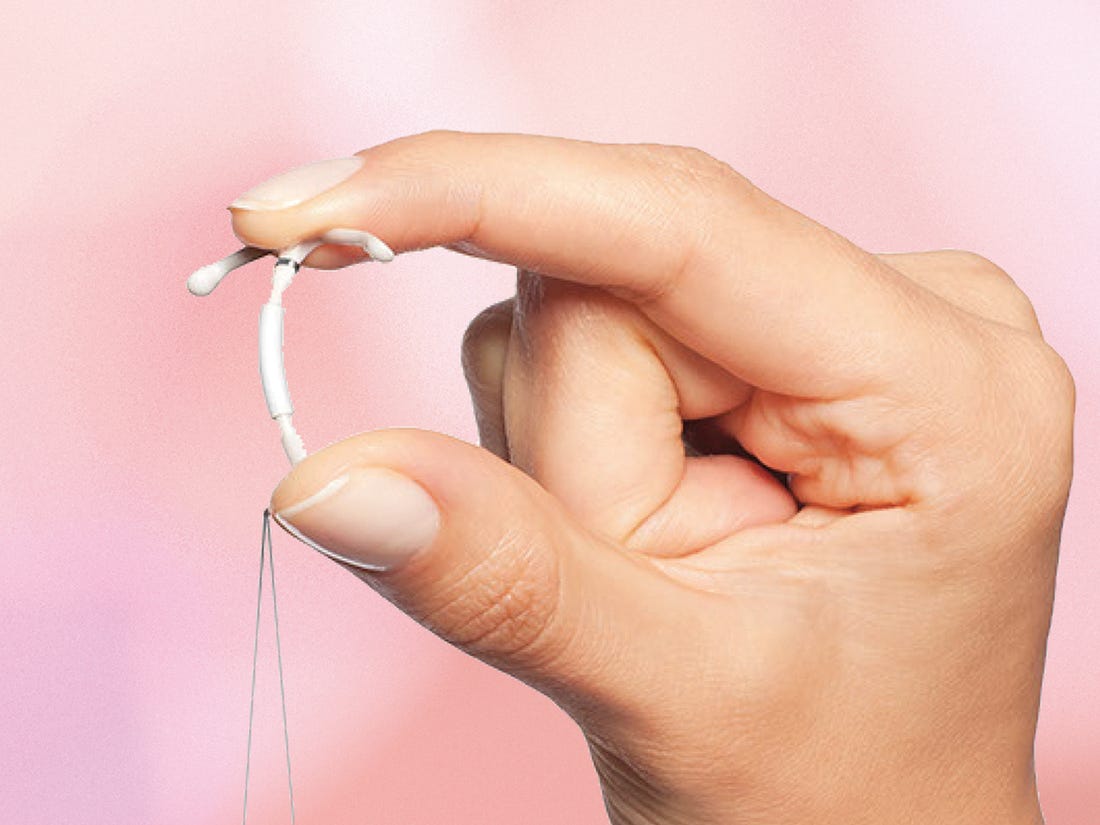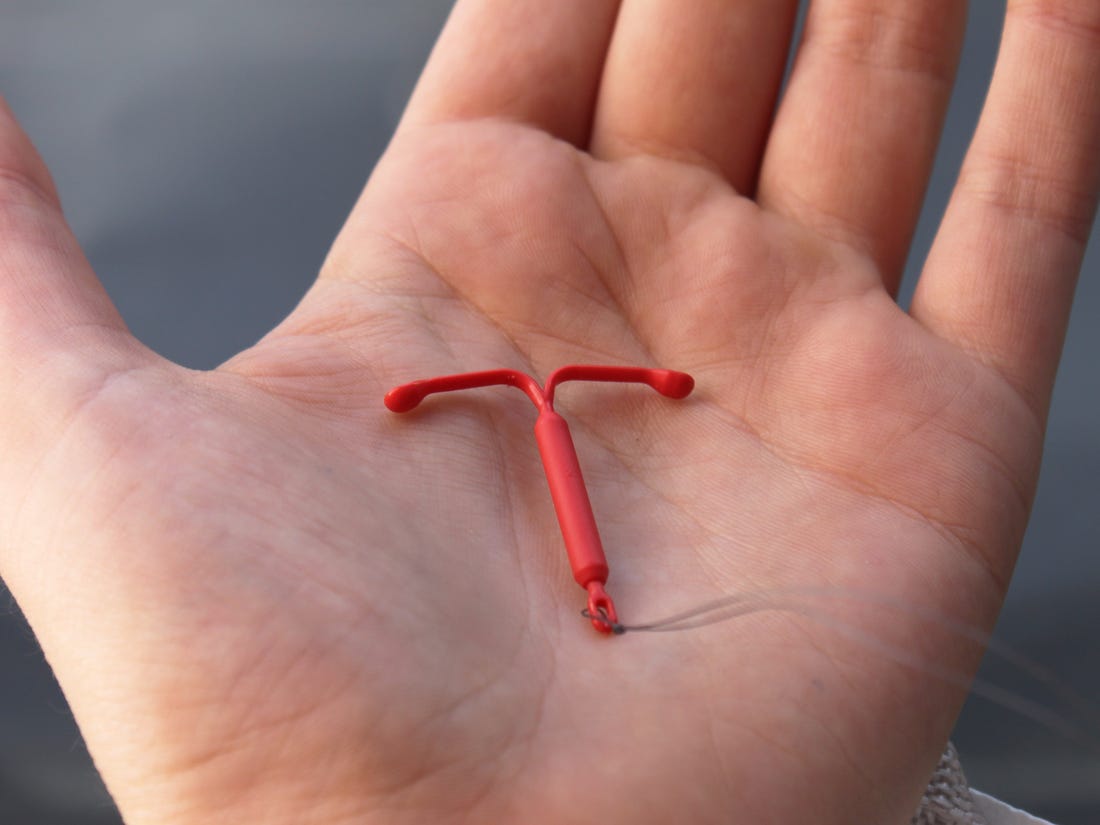Birth control has evolved over the years. One of the options is a device called an IUD, which is a T-shaped piece of plastic that is inserted into the uterus and prevents pregnancy.
There are two types of IUDs…one covered with copper and the other that releases a hormone called progestin. Can you get pregnant even when you have one of these in place, though?
It is rare, but there is a risk of getting pregnant if the device slips or is faulty. One of the risks is an ectopic pregnancy, and we are going to discuss this condition below.

Ectopic Pregnancy – What Is It?
An ectopic pregnancy occurs when a woman’s fertilized egg implants itself outside of the uterus. This can be dangerous, as it can cause bleeding and other medical concerns. Most often, this occurs in the fallopian tubes and is also called a tubal pregnancy.
Having an IUD in place can be one of the reasons that a woman experiences this condition. The best thing to do is to know what signs to look for to spot an ectopic pregnancy before it gets too far along.
Symptoms Of an Ectopic Pregnancy
This type of pregnancy tends to occur within the first few weeks of pregnancy, and that means you may not even know that you are pregnant yet. However, there are some tell-tale signs that should serve as a reason for your next trip to your gynecologist.
Here are some of those signs.
- Pain in the pelvic region
- Spotting
- Stomach issues
- Cramps
- Dizziness
It is important to watch for these symptoms. If an ectopic pregnancy is in the fallopian tube without treatment, it can burst and cause further medical issues.
Causes Of an Ectopic Pregnancy
There are many things that can cause an ectopic pregnancy. The first is a damaged fallopian tube. Here are a few others.
- PID
- Smoking
- Over 35 years of age
- STDs
- Scarring from surgery
- Previous ectopic pregnancy
- Having your tubes tied
- Fertility drugs and/or treatments
These, along with the presence of an IUD, are all things that could elevate your risk of having an ectopic pregnancy. Once you have found out that you are suffering from this condition, the next step is to decide if the pregnancy is safe.
Risks Involved With an Ectopic Pregnancy
Most of the ectopic pregnancies attach in the fallopian tubes. This can be dangerous and almost always has to be removed for fear of the tubes bursting.
However, if the pregnancy doesn’t occur in the fallopian tubes, the pregnancy may still be able to go to term. There are some risks if this happens, including the following.
- Miscarriage – Typically, this is when the pregnancy ends before 20 weeks.
- Premature delivery – Having a premature delivery is defined as going into labor before week 37 of the pregnancy.
- Rupture of Membrane – This is when the amniotic sac breaks, otherwise known as your water breaking.
- Placental Abruption – When your placental wall begins to separate from the wall of your uterus.
- Placenta Previa – This is a condition in which the placenta detaches a bit and covers the cervix opening.
- Pelvic Infection
- Low Birth Weight – The child is born under 5 lbs. 8 oz.
- Birth Abnormalities – Because of the hormones present in some IUDs, the child may be exposed to them. There have been some studies that say this could cause abnormalities in the child.
An ectopic pregnancy is a risk for both the mother and the child, but with constant doctor supervision, many have had healthy babies.
By watching for the signs and taking all the precautions, there is still a risk of ectopic pregnancy with an IUD, so make sure to take care and keep a constant dialogue open with your physician.

Summary
There is a lot of information on ectopic pregnancies available, but we hope that we have given you enough to help you start understanding the risks of ectopic pregnancy with an IUD. Understanding as much as possible is the only way to be able to decide, along with your physician, what you should be doing if you are experiencing one of these rare pregnancies.







